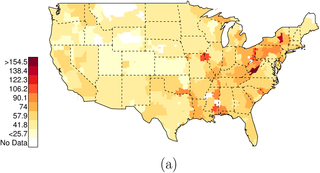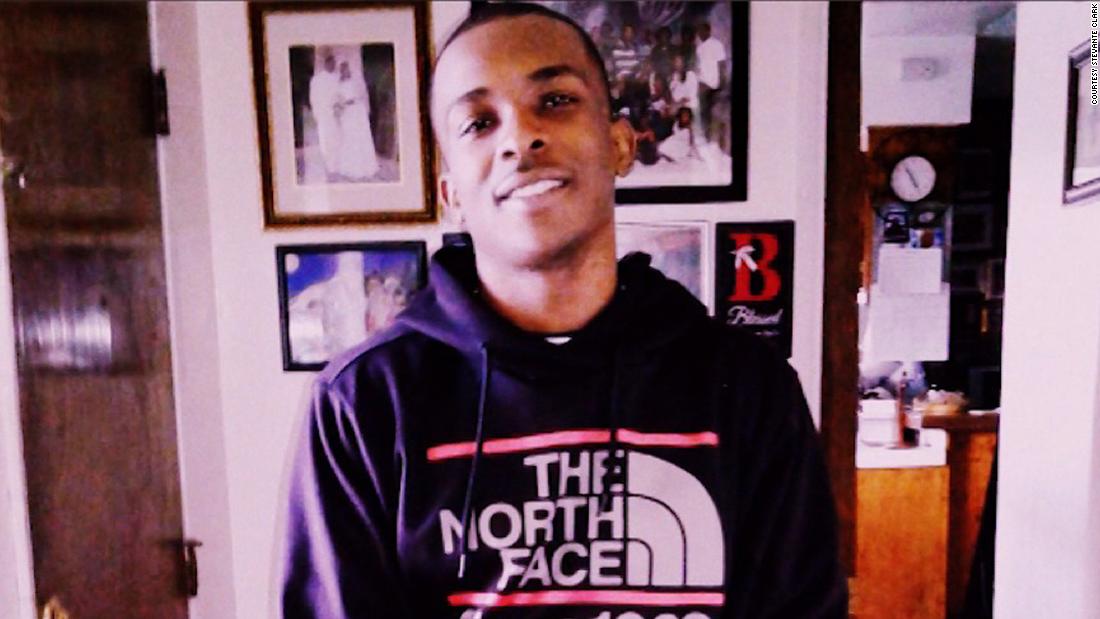D
deleted500612
View attachment 321916

A Multi-Level Bayesian Analysis of Racial Bias in Police Shootings at the County-Level in the United States, 2011–2014
A geographically-resolved, multi-level Bayesian model is used to analyze the data presented in the U.S. Police-Shooting Database (USPSD) in order to investigate the extent of racial bias in the shooting of American civilians by police officers in recent years. In contrast to previous work that...journals.plos.org
For context, we would need to know the rate of involvement in violent crime of each respective demographic otherwise that number means nothing. If you point out that George gets 3x more speeding tickets than Chris but completely ignore/leave out the fact that he also speeds 3x more often than Chris... is that really an honest argument?


